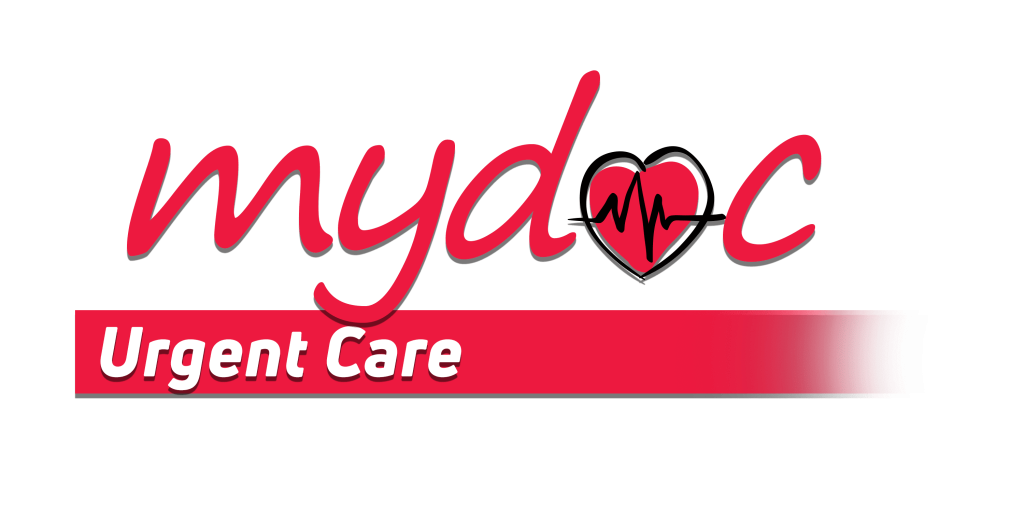Primary Care Doctors Intervention

A primary care doctor is a health practitioner who helps patients manage their health. The doctor mostly addresses preventive care demands, such as routine physicals check-ups, immunizations, and screenings. Primary care providers also assist in diagnosing and treatment of common chronic conditions such as hypertension or diabetes. They work alongside other community care providers to identify, respond, mitigate, and report health deviations in communities. As the name suggests, primary care doctors offer the first medical intervention within communities.
Before preventative care was embraced, health-seeking behavior was associated with deviation from optimum health. Patients used to see doctors only when they were seriously ill or dying. Conventionally, preventive health care has become popular based on the successful promotion of its ideals. People are proactively seeking medical advice on the ways of living a healthy lifestyle (Bednarczyk et al., 2018). With the increase in Global Disease Burden, people are concerned with the means of lowering the risks of various diseases or conditions by maintaining a healthy diet, weight, and physical activities (Bednarczyk et al., 2018). The advent of primary doctors has promoted healthy consciousness among people. The primary doctors are advising their patients to go for regular check-ups to stay healthy. The annual routine check-ups include blood pressure, body mass index (BMI), physical examination, preventive screening, and counseling (“Why your annual check-up”, 2015). Doctors are important primary care promoters; they emphasize the importance of prevention as a means of reducing health risks and hospital visits (Bednarczyk et al., 2018). Regular check-ups help in identifying possible health issues before they acerbate. Making doctor visits a routine promotes early detection of possible health deviation and ensures early and appropriate intervention. Check-ups ensure early disease detection, which is an essential part of healthy living (Bednarczyk et al., 2018). All the care interventions revolve around the primary doctor.
Regular check-ups have several health benefits to individuals. It reduces the risk of becoming seriously ill since they help in prior detection of life-threatening diseases. The doctors also enhance the chances of an effective treatment and limit the risks of incidences by carefully monitoring any existing conditions. Regular check-ups reduce healthcare costs through early detection and intervention (“Why your annual check-up”, 2015). Check-ups also foster a good patient-caregiver partnership, which is important in the care environment. The relationship between patients and doctors can determine the patient’s care outcome. Usually, an enabling care environment allows patients to be honest and open with their doctor (Bednarczyk et al., 2018). Such patients can easily express their health issues such as drug use, depression, domestic violence, and stress, topics that are sometimes considered difficult to discuss (Bednarczyk et al., 2018). The check-ups also ensure up to date medical records on interventions such as immunization or vaccinations (“Why your annual check-up”, 2015). In essence, check-ups encourage personalized health care since the primary doctor is equipped with their patient’s data. With such data, the doctor can evaluate the personal risk factors, evaluate care needs, and recommend appropriate lifestyle change if necessary.
Primary care doctors are extremely important because they are the first point of care intervention at the lowest level of the healthcare system. Their primary role is to offer preventative care, diagnosing and treating a broader range of health issues. The doctors expertly guide the patients on the steps of seeking proper health care services. In addition, the caregivers administer routine check-ups that help in the prevention and managing of various health conditions. A well-managed primary care system reduces the disease burden at the curative level, which ultimately characterizes many care settings.
SCHEDULE A CONSULTATION
